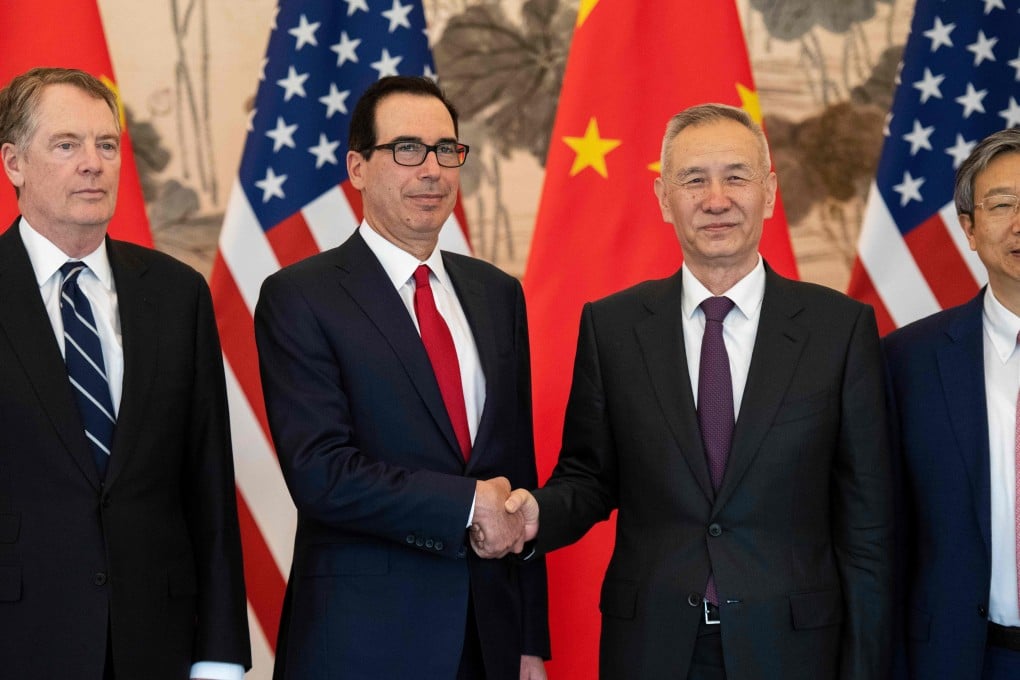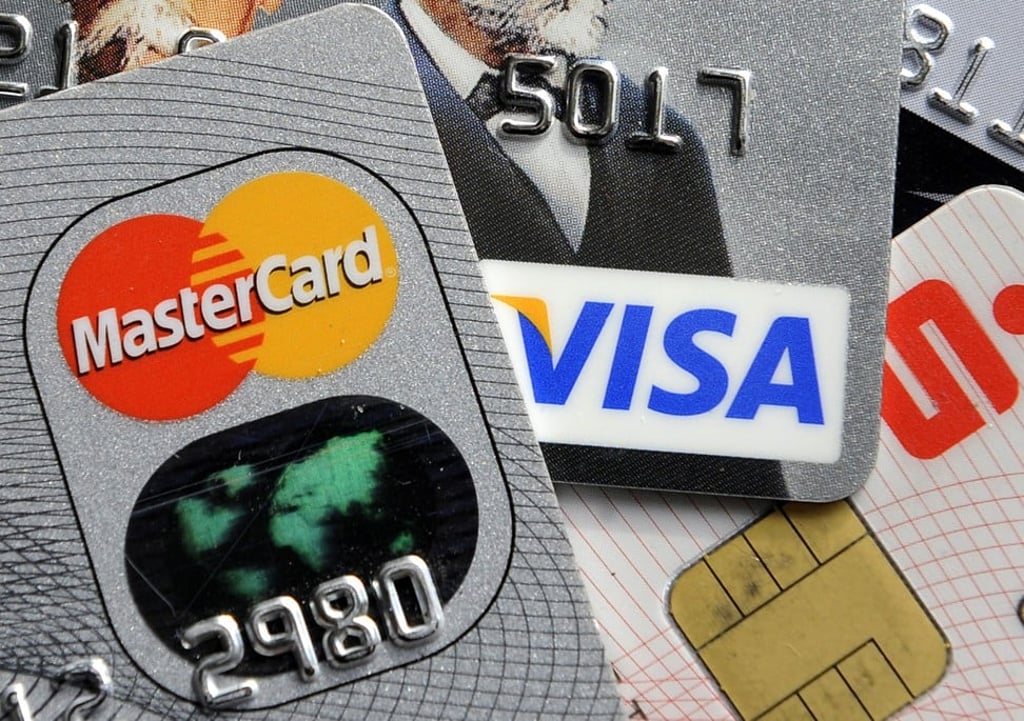US-China trade war deal could be too late for the likes of Mastercard, American Express and Visa
- China promised to allow foreign firms into its domestic electronic payments market by 2006 having joined the World Trade Organisation in 2001
- The administration of Barack Obama failed to resolve the issue, Donald Trump has taken up the cause with President Xi Jinping

This story is part of an ongoing series on US-China relations produced jointly by the South China Morning Post and POLITICO, with reporting from Asia and the United States.
A trade deal between President Xi Jinping and United States counterpart Donald Trump could finally fulfil a long-delayed promise to open up China’s 208.1 trillion yuan (US$31 trillion) market for credit cards and other third-party payment processors to American companies like Mastercard, American Express and Visa. But any agreement reached might be too little too late.
Beijing promised to allow foreign firms into its domestic electronic payments market by 2006. Instead, foreign firms have faced continued obstacles, despite a seemingly successful a World Trade Organisation case brought by the US to pry open the market. Only now has China finally established a two-step application process for foreign companies to receive a licence to provide electronic payment services.
Even if Xi and Trump resolve the issue as part of a broader agreement to defuse the bilateral trade war, it could take another two years before Visa, the largest US payments company, is able to offer its services in China. And then comes the challenge of wooing away consumers from a well-established brand.

Chinese consumers have been increasingly using their mobile phones rather than credit or debit cards to make purchases – a shift that has fuelled the tremendous growth of Tencent’s WeChat Pay and Alibaba’s Alipay mobile payment alternatives. Alibaba is the owner of the South China Morning Post.
In addition, since China’s entry into the WTO in 2001, China’s UnionPay has grown from a government-backed credit card start-up into an international behemoth with a substantial home field advantage.